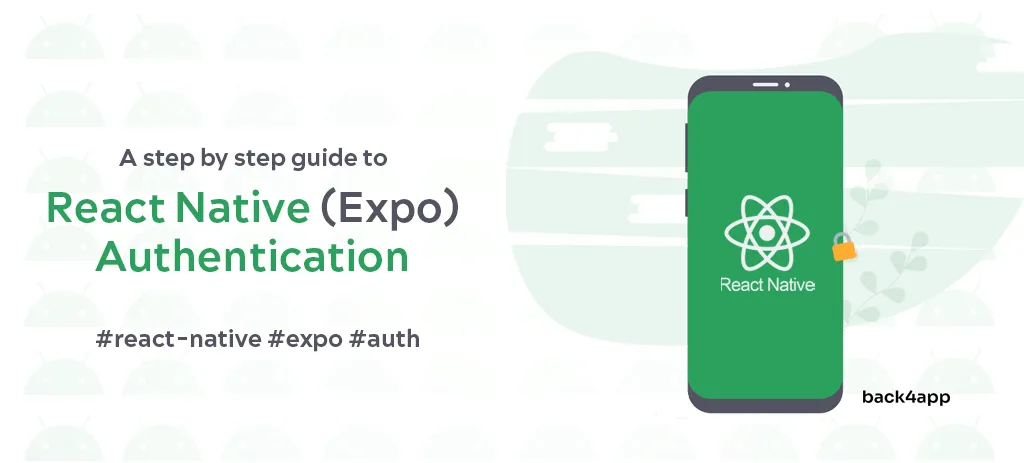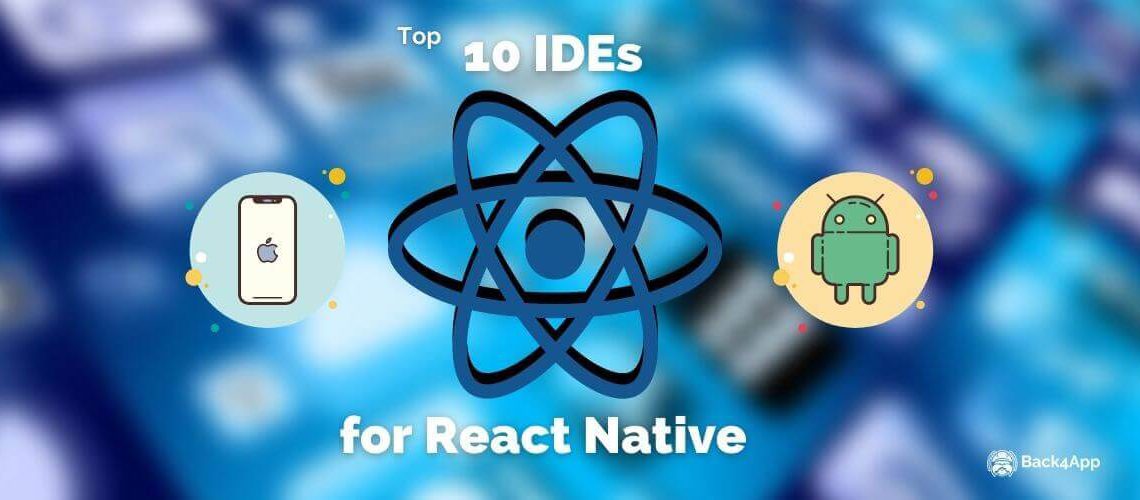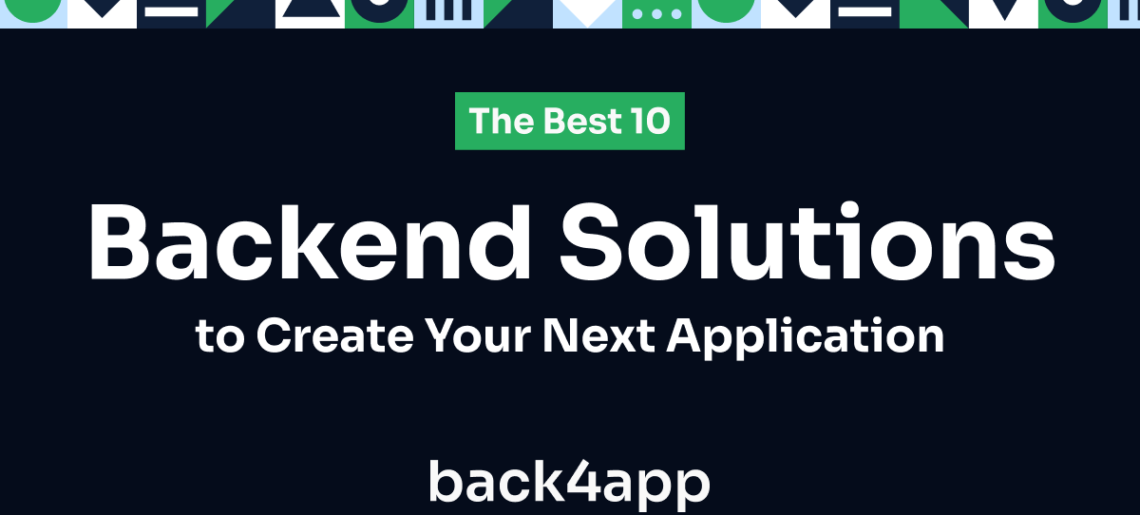Low-code or no-code backends and platforms are rapidly growing among developers and businesses. Indeed, enterprises are promoting citizen development to speed up their dev tasks.
Microsoft’s corporate vice president Charles Lamanna says that if 500 million apps are created in the next five years, 450 million of them will be designed with no-code.
Similarly, 80% of big companies think citizen development is becoming more significant for them day by day. So, if you are a developer, startup, enterprise, or SME, you must choose a credible no-code backend solution.
This guide shares one of the leading no-code backends and its features. This article will also explain exactly what a no-code backend is and its benefits.
Read More






